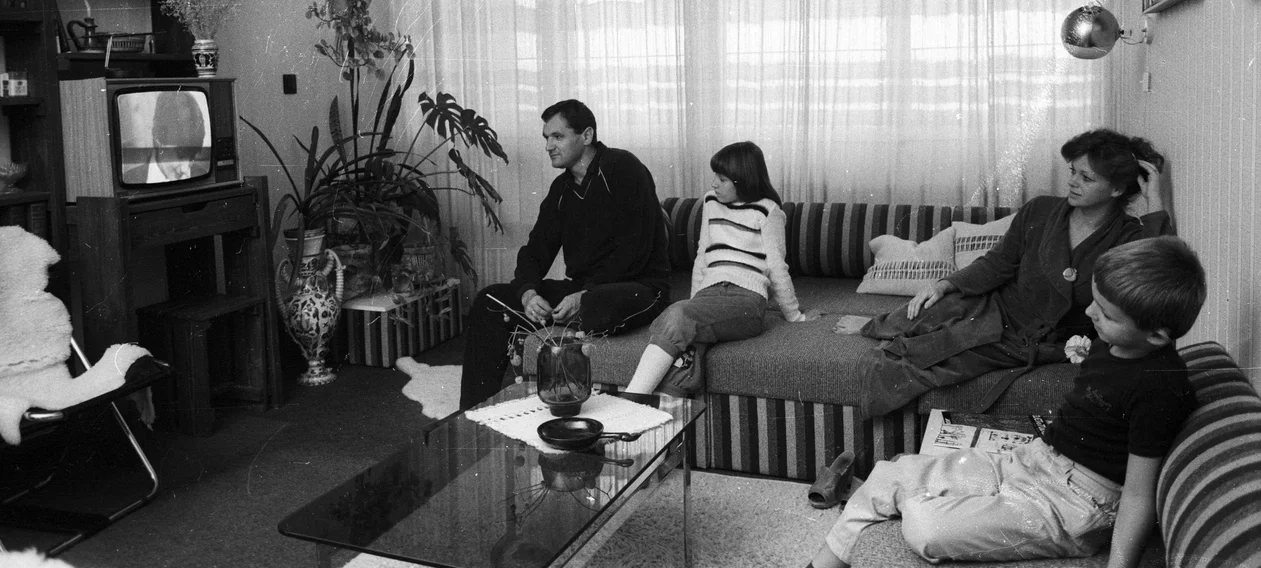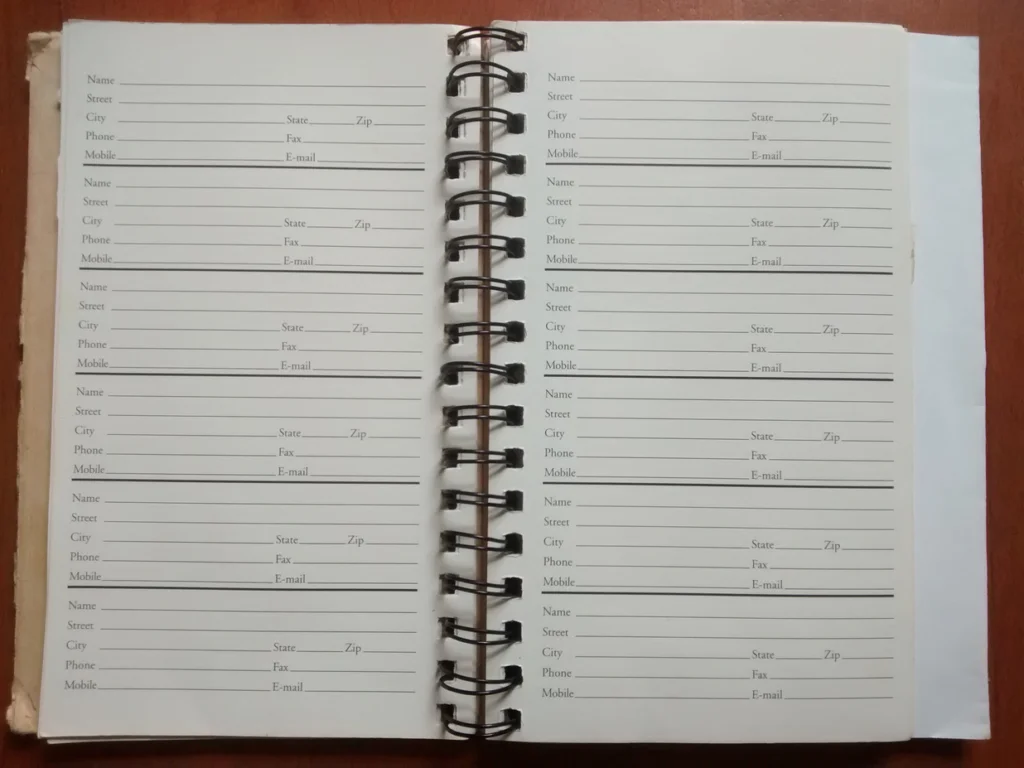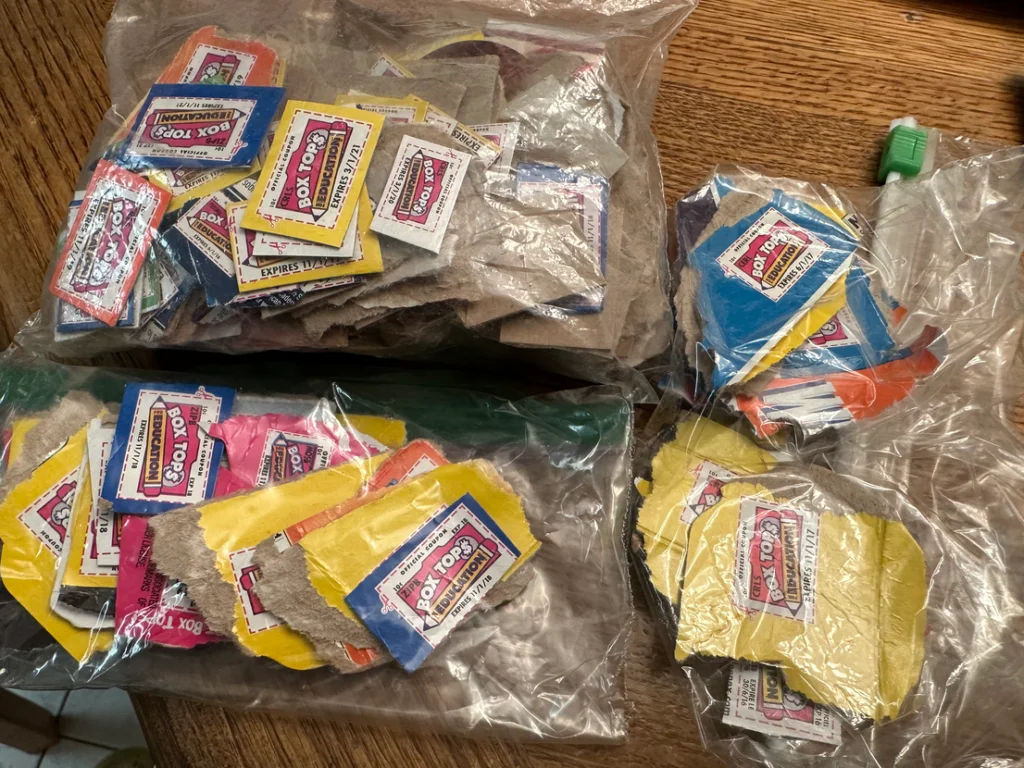Remember when childhood had a rhythm all its own? There were unspoken rules, daily rituals, and little ceremonies that made growing up feel like an adventure filled with anticipation. Somehow, between the rush of modern life and the digital revolution, many of these sweet traditions simply faded away, leaving us with bittersweet memories of simpler times.
1. Waiting for Saturday Morning Cartoons

Saturday mornings were sacred, and the anticipation began Friday night as you mentally prepared your cereal bowl and claimed your spot on the living room carpet. The magic started at 6 AM sharp with a lineup that felt like Christmas morning every single week. You’d wake up before your parents, tiptoe to the kitchen for your sugary breakfast, and settle in for three glorious hours of animated bliss.
There was something special about having to wait all week for your favorite shows, knowing that if you missed them, they were gone until next Saturday. The commercials were part of the experience too – toy advertisements that built up excitement for birthdays and Christmas. Now kids can watch cartoons anytime, anywhere, but they’ll never know the pure joy of that Saturday morning ritual that made the weekend feel truly different from the rest of the week.
2. Making Plans Without Cell Phones

Remember when making plans meant actually sticking to them because there was no way to change course once you left the house? You’d call your friend’s house, ask their mom if they could come out to play, and arrange to meet at the corner at 2 o’clock sharp. If someone was late, you waited – and waiting was just part of the adventure.
The beauty was in the commitment and the trust that everyone would show up as promised. You learned to be reliable because disappointing your friends meant disappointing them completely, not just sending a quick text with an excuse. Plans felt more precious because they required real coordination, and when you finally connected with your friends, it felt like a small miracle of timing and dedication.
3. The Sunday Night Bath Ritual

Sunday nights meant one thing: the weekly bath that prepared you for the school week ahead. It wasn’t just about getting clean – it was a whole production that signaled the end of weekend freedom and the return to routine. Mom would run the water, test the temperature, and you’d soak while she laid out your school clothes for Monday morning.
This ritual marked the transition from weekend kid to school kid, complete with freshly washed hair and the faint scent of Johnson’s baby shampoo. There was something both comforting and melancholy about that Sunday bath, knowing that tomorrow meant homework, teachers, and the structured world of education. It was a weekly rebirth that prepared you mentally and physically for the challenges ahead.
4. Watching TV Shows Together as a Family

Before streaming and personal devices, television was a shared experience that brought families together in the living room. Everyone had to agree on what to watch, or at least the person holding the remote had the final say. You’d gather around the TV set, sharing snacks and commentary, creating a collective memory of your favorite shows.
The magic happened during commercial breaks when conversations would spark about what just happened or predictions about what might come next. Kids learned to negotiate, compromise, and sometimes just accept that grown-ups got to choose the channel. These moments created a shared family culture where everyone knew the same references, jokes, and characters – something that’s much harder to achieve when everyone’s watching different screens.
5. Milk and Cookie Money for School

Every morning, Mom would press a few coins into your palm – just enough for a small carton of milk and maybe a cookie from the school cafeteria. This daily ritual made you feel trusted and independent, carrying your own money for the first time. You’d guard those coins carefully, knowing they represented your midday treat and a small taste of grown-up responsibility.
The transaction itself was a learning experience in handling money, waiting in line, and making choices about how to spend your daily allowance. Some kids saved up their milk money for special treats, while others spent it faithfully every single day. It was a tiny economy that taught patience, planning, and the value of those precious few cents that could make or break your afternoon snack.
6. Calling Friends’ Houses and Talking to Their Parents

Dialing a friend’s number meant potentially having a conversation with their mom or dad first, and kids learned telephone etiquette out of necessity. You’d politely ask, “May I please speak with Tommy?” and wait while they called him to the phone. Sometimes you’d end up chatting with the parent about school, the weather, or weekend plans.
These brief conversations built relationships between families and taught children how to communicate respectfully with adults. You learned each family’s phone rules – some parents were chatty, others were all business, and some had strict limits on call times. The whole experience made reaching your friend feel like a small social accomplishment that required genuine effort and courtesy.
7. Having One Phone Number for the Whole Family

The family phone was a shared resource that everyone had to negotiate, and kids learned to keep their conversations brief when others were waiting. You’d stretch the curly cord as far as it would go, trying to find a private corner while still being tethered to the wall. Important calls were family events, and everyone knew when someone special was calling by the tone of voice used to answer.
Privacy was a luxury earned through timing and strategy – you’d wait for the right moment when parents were busy elsewhere. The phone was usually in a central location like the kitchen, so your conversations were never truly private anyway. This shared communication system meant families were more connected to each other’s social lives, whether they wanted to be or not.
8. Memorizing Important Phone Numbers

Every kid had a mental rolodex of important numbers: home, grandparents, best friend, and maybe the pizza place. You’d practice reciting them until they became second nature, knowing that in an emergency or moment of need, these numbers were your lifeline. Parents would quiz you on your home phone number and address, making sure you could recite them perfectly.
This skill felt important and grown-up, like carrying secret codes that connected you to the people who mattered most. You’d write favorite numbers on little scraps of paper or inside school notebooks, creating a personal phone book that was entirely yours. Now that phones remember everything for us, kids will never experience the satisfaction of perfectly reciting a ten-digit number from memory.
9. Saturday Afternoon Matinee Movies

Saturday afternoons meant one thing: piling into the family car for a trip to the local movie theater’s matinee showing. These afternoon screenings were designed for families, with ticket prices that parents could afford and movies that everyone could enjoy together. The whole experience felt special, from buying tickets at the booth to sharing a large popcorn in the darkened theater.
The movies themselves were events that brought the community together – you’d see neighbors, classmates, and their families all enjoying the same shared experience. There was something magical about sitting in a theater full of other families, all laughing at the same jokes and gasping at the same surprises. These matinee showings created memories that lasted long after the credits rolled, marking weekends as special time set aside for family fun.
10. Collecting Box Tops and Proof of Purchase Seals

Cereal boxes, product packages, and food containers were treasure troves of valuable proof-of-purchase seals that could be transformed into amazing prizes. Kids would carefully cut out box tops, peel off labels, and save UPC codes in special containers, dreaming of the toys and gifts they could earn. Parents would help by buying certain brands, knowing their children were working toward something special.
The waiting was part of the excitement – you’d send away your box tops and wait weeks for your prize to arrive in the mail. When that package finally showed up, it felt like Christmas morning, even if the prize was smaller than expected. This system taught patience, goal-setting, and the satisfaction of working toward something over time, plus it made every grocery shopping trip feel like a potential treasure hunt.
11. Staying Outside Until the Streetlights Came On

Summer evenings meant unlimited outdoor time with one simple rule: be home when the streetlights flickered on. This boundary gave kids incredible freedom while providing parents with a clear, visible signal that playtime was ending. You’d play elaborate games of hide-and-seek, organize neighborhood baseball games, or just explore the area around your house until those lights started glowing.
The approaching darkness added urgency and excitement to whatever you were doing, knowing that time was running out on another day of adventure. Kids learned to judge time by the position of the sun and the gathering dusk, developing an internal clock that connected them to natural rhythms. When those streetlights finally came on, you’d reluctantly head home, already planning tomorrow’s outdoor adventures.
12. Handwriting Thank You Notes

After birthdays and Christmas, the real work began: sitting down with a pen and paper to write thank you notes to every relative and family friend who had given you a gift. Parents would supervise this process, making sure each note was properly addressed and contained genuine gratitude. You’d practice your best handwriting, knowing that these notes would be seen and judged by the adults in your life.
This ritual taught appreciation, gratitude, and the importance of acknowledging others’ kindness. The physical act of writing each note by hand made you think carefully about what to say and how to say it. Recipients treasured these handwritten notes, often saving them for years as keepsakes that showed a child’s growth and development over time.
These simple routines shaped entire generations, creating shared experiences and common memories that connected communities. While modern life has brought incredible conveniences and opportunities, something precious was lost when these gentle traditions quietly disappeared. Perhaps the real magic wasn’t in the activities themselves, but in the patience, anticipation, and human connection they fostered – qualities that are worth remembering and maybe even reviving in our own small ways.
This story Childhood Routines That Quietly Vanished When No One Was Looking was first published on Takes Me Back.


